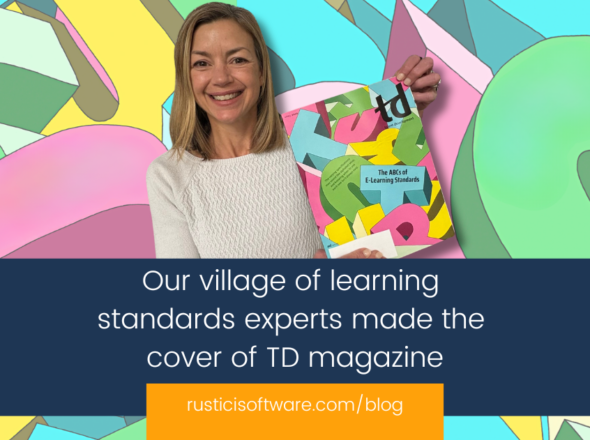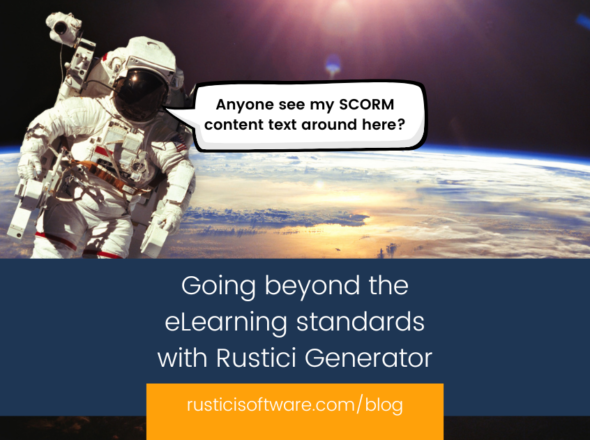3 years ago, we didn’t think twice about where or how we worked together. It was assumed that almost everyone would be in the office every day, and it’s where we expected work to get done. We enjoyed in-person meetings and the serendipitous hallway encounter that led to a great idea.
Fast forward to today, and things look a lot different. Since 2020, we’ve had a taste of every set up you can imagine. We’ve gone from 99% in-person to 100% remote and are now a fully hybrid set up with people opting where to work that is best for them. We’ve seen people move to other parts of the country, and we’ve tackled the challenge of hiring, onboarding and supporting fully remote employees. We’ve had to adapt and adjust to make this new model work. Was it ideal or expected? For so many reasons, no. Is it worth it? Absolutely.
We discovered, by necessity, that a hybrid model can work. Meeting people where they are takes some time for adjustments and tweaking, but in the long run, it’s worth it. With the right tools, technology and systems in place (and that takes time!), you can adapt to the changes that inevitably happen.
The same holds true for the standards that we support and the ever changing needs of our customers.
When I first joined Rustici in 2011, SCORM was the de facto standard for our customers. xAPI was a glimmer in the eye of ADL, Rustici and in particular Ben Clark, who was spearheading Project Tin Can development. But the vast majority of our corporate and government customers relied solely on SCORM to make things just work together, with AICC frequently showing up. Conversely, LTI and other IMS standards were the driving force behind most academic institutions. If you were going to market with a corporate learning application, SCORM was the only standard you really worried about supporting.
A hybrid approach to the learning standards
Today, things aren’t as clear cut when it comes to which standards to support. Just as we’ve had to adapt and adjust to a hybrid office, our customers have also had to adapt to the changing requirements for their customers. When it comes to the learning standards, it’s no longer just one that needs to be supported. Each has their pros and cons, and different audiences bring different requirements.
We are seeing the learning divide between corporate and academia erode as companies want to preskill employees and academic institutions have opportunities to support reskilling those already in the workforce. Helping the systems that serve these various audiences means supporting more than just one standard.
An inclusive approach to the standards
Being flexible and supporting multiple standards is the path we’ve elected to take, so that our customers can also easily adapt if and when their business models change.
We’re not just the SCORM folks. The list of acronyms that our products support continues to grow. In 2011, Rustici Engine supported SCORM 1.2, SCORM 2004 and AICC. Today, all of our products—from Engine to Content Controller and SCORM Cloud—support not only AICC and all versions of SCORM, but xAPI, cmi5, LTI and more. We’ve intentionally grown this list so that our customers can easily adapt to the ever changing landscape of requirements that show up.
We’re here to help you ‘save as’, ‘play as’ or ‘share as’ in a variety of flavors. SCORM might be the standard your customers ask about today, or the box you need to check now, but chances are great that more acronyms will show up. xAPI, cmi5 and LTI are other requirements you should expect as content needs shift and the audiences you and your customers serve change. Our teams have become experts in more than just SCORM (see Reed’s deep dive into the world of LTI) because we know that it’s not a matter of if, but when the next acronym shows up on your RFP.
Offering a hybrid approach to anything – whether it’s a car, your working environment or the standards you choose to support, can be daunting. You might fear the additional workload that comes with doing things in more than just one way. We get that, which is why we’ve opted to give you the ‘easy button’ so feel free to ask us anything when it comes to the standards.


